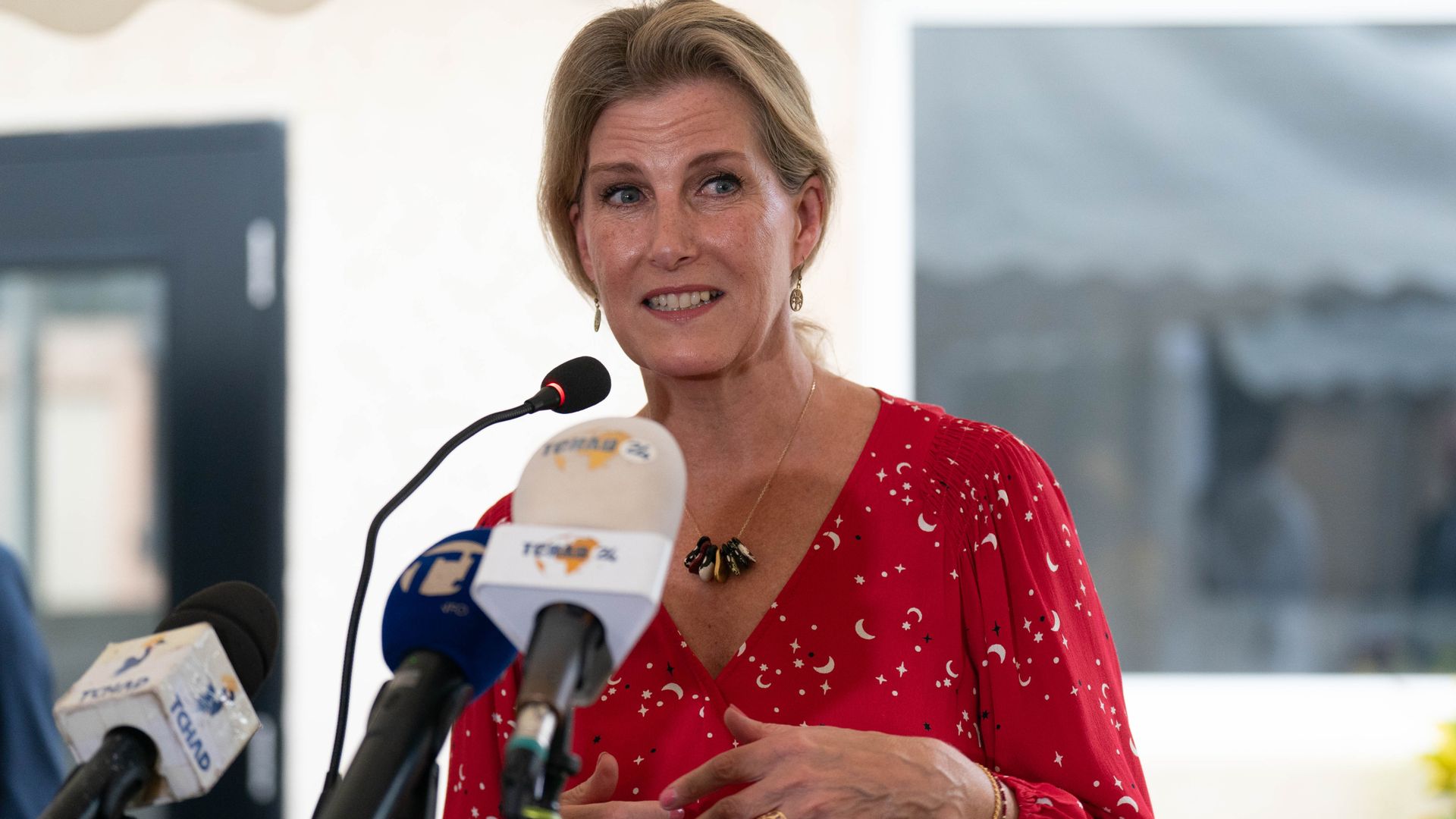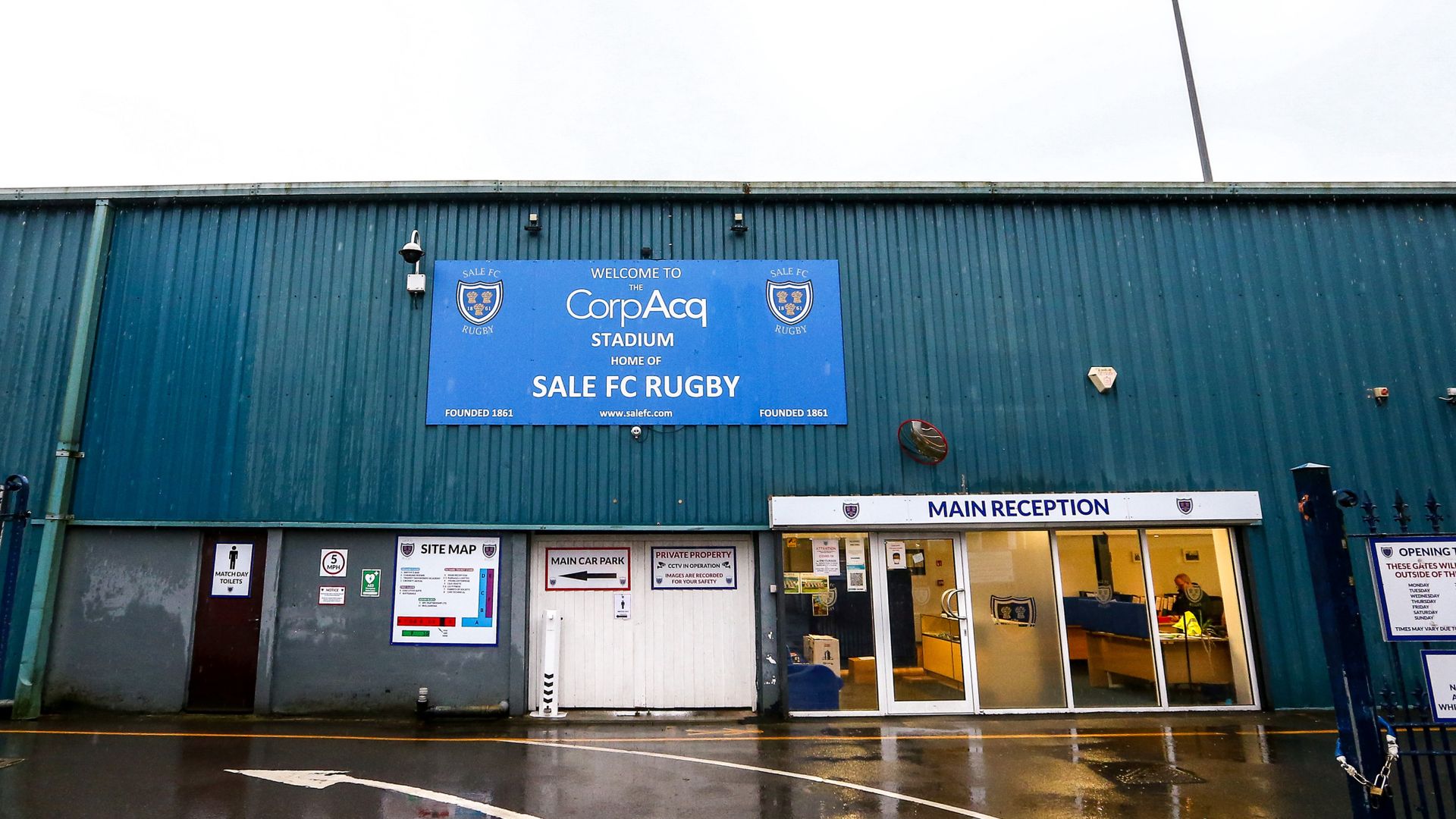
NEW LIMERICK, Maine — With $17 in her pocket, 17-year-old Louise London hitched a ride to a Connecticut airplane engine factory.
Just months after the Japanese bombed Pearl Harbor, the Monticello native was precisely grinding cams and pistons for war planes like the Navy’s Hellcat during World War II. London knew that being off even a hair could be deadly for pilots.
“I felt a responsibility to the pilots, to give them more security,” she said. “I was doing it for good reason, to get the war over, to save our country, to get our service men and women home.”
Earlier this month, London, who will turn 100 in July, received a Congressional Gold Medal in Washington, D.C. along with 23 other women representing the nearly six million Rosie the Riveters who answered the government’s call for service during the war.
“This is Congress’ highest civilian award. This recognition is long overdue,” said U.S. Sen. Susan Collins, R-Maine, during the gold medal ceremony this month.
Collins was a co-sponsor on the legislation.
When millions of men left the nation’s factories as soldiers, six million mothers, sisters, daughters stepped into these historically male roles, building warplanes, battleships, munitions.

In Maine alone, 2,000 women worked at Bath Iron Works, building one destroyer every 18 days and 3,700 women worked as welders, machinists, crane operators at a South Portland shipyard producing 274 Liberty ships.
As part of a campaign to recruit more women to work in factories, the image of a powerful Rosie in red and white polka dotted scarf, overalls, flexing her arm muscle emerged in a series of war posters and have come to symbolize the power of women.
“Up until 1941 it was a man’s world,” said Mae Krier, another Rosie who worked with several U.S. senators and representatives to get this act of Congress passed. “They didn’t know how capable us women were, did they? We helped the country win the war.”
In 1942, Louise London had planned to attend Normal School in Presque Isle to become a teacher. But because of the war, the school closed and a summer waitressing job didn’t pan out. So when a relative suggested she come to Conneciticut and apply for a job at airplane engine manufacturer Pratt & Whitney, she went, thinking it was a summer job.
Once she turned 18 that July, she began training in the factory’s six-week intensive school, Billings and Spencer. After studying three weeks of math and machine diagrams, they tested London. She got a score of 100 and was transferred to the plant early to work with an experienced machinist,” she said.
She got an apartment near the factory in an old governor’s mansion and found a roommate, Louise Morrisette.

Morrisette spoke fluent French and London loved to dance, jitterbug, foxtrot, swing, waltz, it didn’t matter, she loved it. So the two Louises made a deal. Morrisette would teach London French and London would teach Morrisette how to dance.
And before the night shift, starting at 11 p.m., the two would walk to the USO dances where they often met the pilots they were building the engines for, she said, adding that they really wanted everything they made to be perfect for the pilots.
London was one of about 20 on an assembly line, grinding metal that eventually became pistons and cams for the plane engines. The work was hot, noisy and dangerous and she said she had to always be careful for her own safety and to make certain each piece of metal was perfectly cut.
“We worked all night and played all day,” she said.
She joined the P&W softball and basketball teams, danced to big bands, and sang in the glee club. She bought a U.S. war bond each week, and sent money home to her parents in Monticello for the farm and clothes for her sisters and brother.
“I had gone to Hartford for a summer job, but once at P&W, I promised myself that I would stay until the end of the war. I had no idea that it would be three years,” London said.
After the war she returned to her family’s Monticello potato farm before marrying World War II veteran Herbert London. They had two children and London stayed home while her children were young.

In 1965 she graduated from nursing school and was a nurse for 36 years, first at Madigan Hospital in Houlton, then in a physician office. She retired from Madigan Estates nursing facility in 1996.
London still loves to dance, she loves music, songs like Body and Soul and Stardust, and she savors her beautiful spot on Nickerson Lake. She remarried at 79, although her second husband, Floyd Smith, died at Madigan Estates of COVID-19.
During the Congressional Gold Medal ceremony several speakers talked about the Rosies and their heroism during the war.
London does not see herself as a hero.
“We had our minds on the soldiers, I felt I was capable, that I was a good machinist. One of my supervisors said I took to it like a duck to water,” she said. “As I look back now, I wonder what would have happened without us women.”










